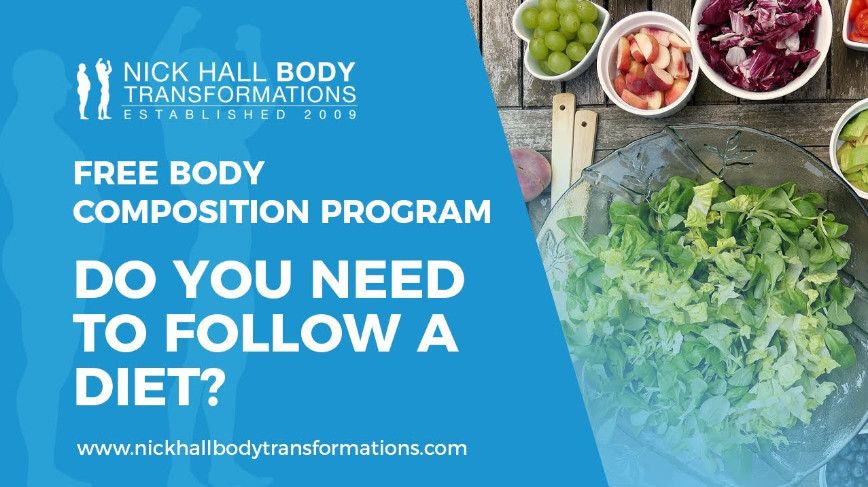we delivers enough to blog about

why you don’t need to follow a diet
In today’s post we’ll be discussing the relevance of following a diet. When I say diet I’m referring to a diet with a name such as keto, paleo,low carb, high protein IIFYM, flexible dieting, Intermittent Fasting or clean eating.
So far we have established that if you want to lose body fat, you need to be consuming less energy than you are burning each day.
We’ve established that when protein consumption and calories are equal,there is no difference in fat loss when you change protein and fat distribution.
We know that fibrous foods have a higher thermogenic effect and keep you full for longer which is a win if you’re wanting to lose body fat.
Protein also has a higher thermogenic effect, is more satiating and helps you build lean body mass.
We now know that the low carb insulin model of weight loss and obesity has been disproven. Previously it was thought that elevated insulin and weight gain was a result of high carb intake. The mechanism for the rapid weight loss with the low-carbohydrate diet is a suppressed appetite, first through the high-protein content of the diet, second through the ketogenic nature of the diet with satiety signals for fat being active and third through the absence of hunger-promoting carbohydrate components like sucrose and/or fructose.
Studies with low-carb diets show rapid weight loss in the first 3-6 months. After 12 months there is no difference between low carb and low fat diet. Both diets showed reduction in heart disease. The low carb diet showed greater reduction in serum triglycerides and increase in HDL cholesterol compared to low fat diet. Blood pressure, insulin sensitivity and LDL cholesterol were all improved to a similar degree by both diets.
The conclusion stated that the rapid initial weight loss occurs with a low-carbohydrate diet due to a suppressed appetite. There is as yet no indication of an increased metabolic rate and an increased thermogenesis by the low-carbohydrate diet. The safety and efficacy of low-carbohydrate diets have to await further studies.
We’ve also previously mentioned that an increase in sugar consumption when total carbs and calories are equal does not effect weight gain.
The problem with sugar is that it is calorie dense and not very filling so it is easy to overeat. Foods containing sugar are usually very calorie dense as a whole. However fruit contains sugar in the form of fructose and there is no issue with consuming fruit and weight gain. Fruit contains fiber which is more thermogenic and more filling. People are likely to overeat on sugar and fat and consume more calories.
Yes you should always limit refined sugar or other sweeteners such as high fructose corn syrup but including some foods containing these when total calories are in a deficit will not derail your progress.
Given all of the above in my opinion why should you restrict yourself to the confines of one particular diet. The advice I give to clients is that if calories are controlled and protein and fiber is high then you don’t need to follow a particular diet. However if you find that a particular diet ie intermittent fasting suits your lifestyle better for example you prefer not to eat in the morning until lunchtime then that is fine.
In summary: if you are wanting to lose body fat, calories are most important. You need to be able to follow a diet that allows you to eat in a sustained calorie deficit. Whether that is keto, paleo, flexible dieting the name doesn’t matter. Whatever keeps you adherent is the most important thing.
Our next blog post will be on supplements which you can view here
References
A review of the carbohydrate-insulin model of obesity
https://www.ncbi.nlm.nih.gov/pubmed/28074888
The effect of low carb diet on energy metabolism
https://www.ncbi.nlm.nih.gov/pubmed/16385748 –
Metabolic and behavioral effects of a high sucrose diet during weight loss.
https://www.ncbi.nlm.nih.gov/pubmed/9094871
Comments are closed.
